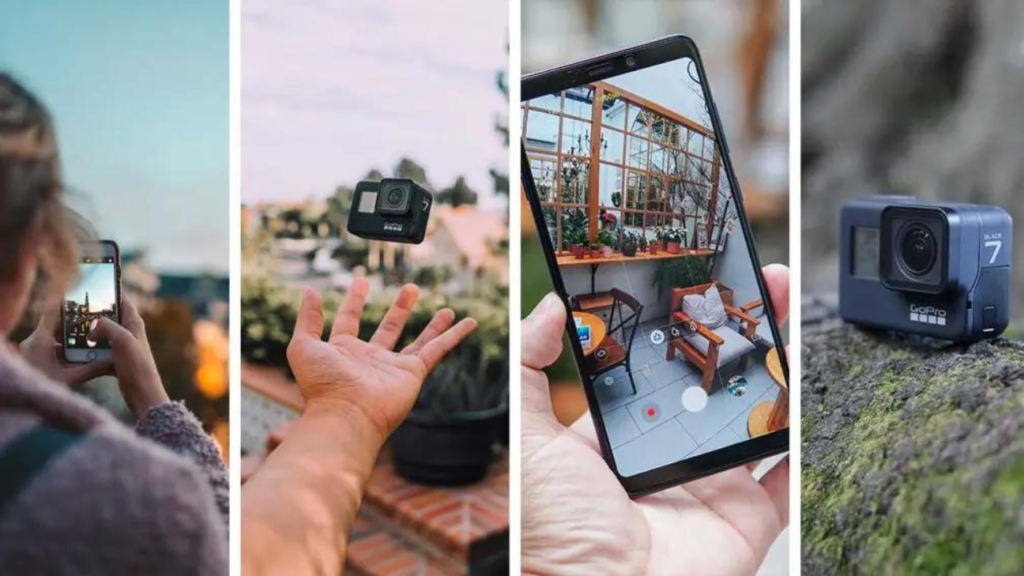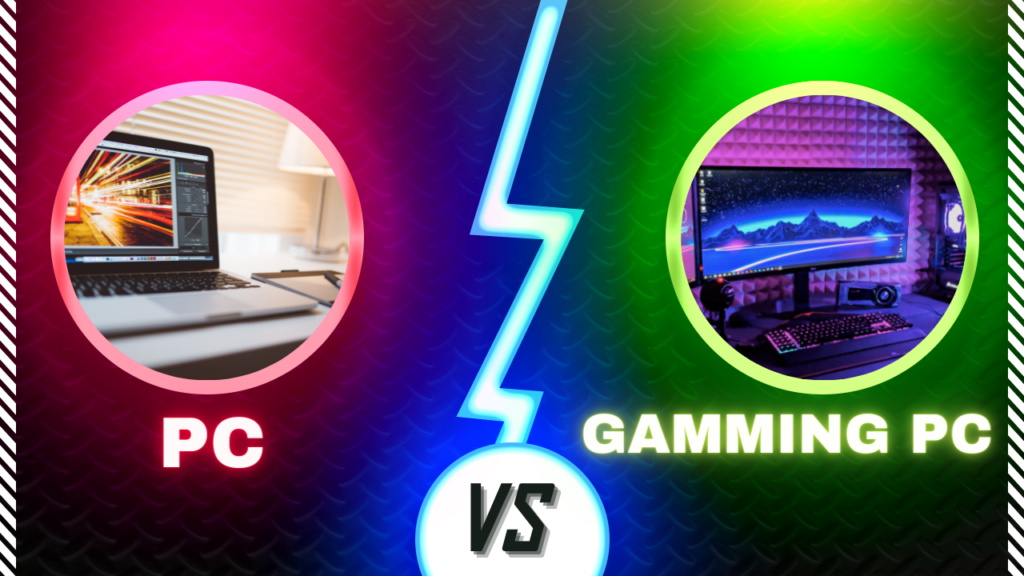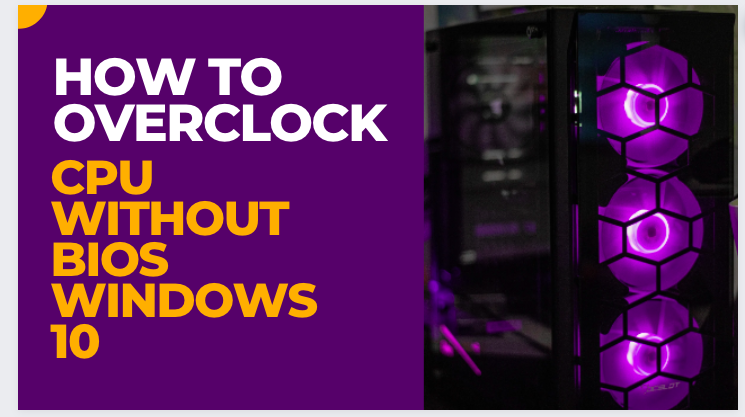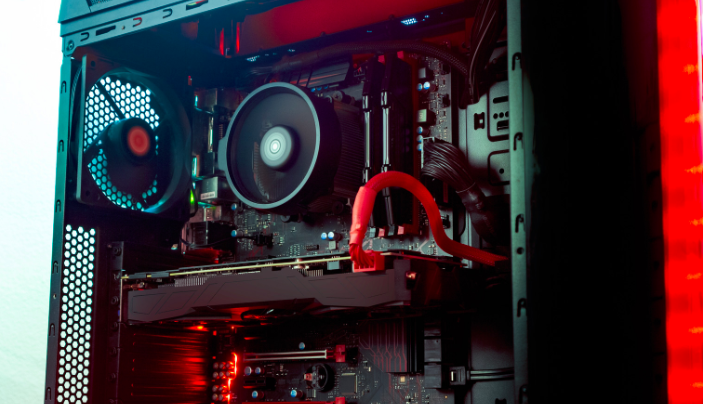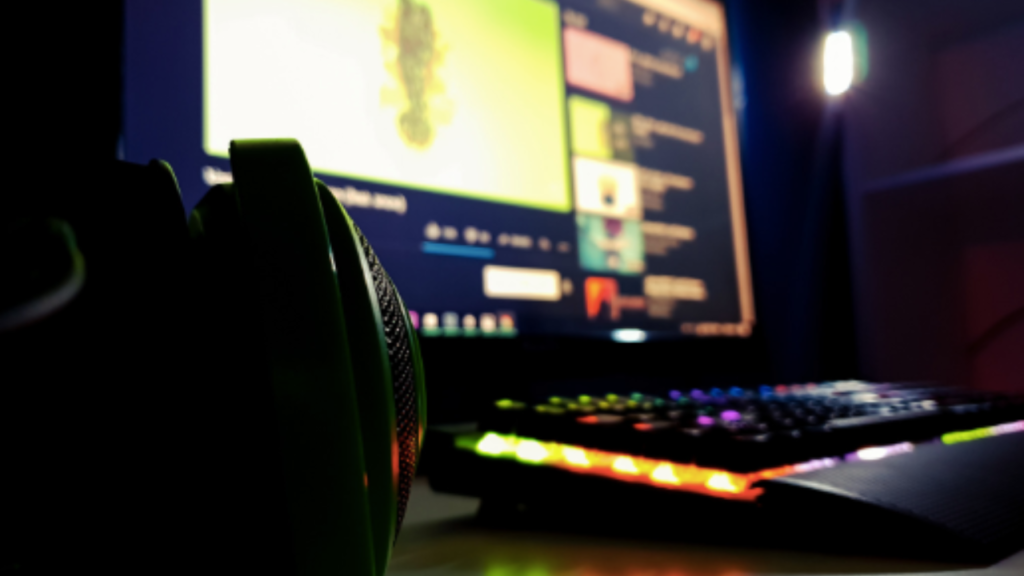In this comprehensive article, we will delve into the domain of Phone Camera vs Digital Camera argumentative discussion, exploring their capabilities, features, and image quality. Discover which option suits your photography needs. Read on for a detailed comparison of phone cameras vs digital cameras.
Introduction
In today’s fast-paced world, capturing memorable moments has become an essential part of our lives. With the rapid advancement of technology, the way we take photos has also evolved. Two popular choices for capturing images are phone cameras and digital cameras. While both options serve the purpose of photography, they have distinctive features and qualities that set them apart. In this article, we will compare phone cameras and digital cameras, analyzing their strengths, weaknesses, and overall performance. So, let’s dive into the world of photography and explore the differences between phone cameras and digital cameras.
Phone Camera: A Portable Photography Solution
Phone cameras have revolutionized the way we capture moments. With smartphones becoming an integral part of our daily routines, the convenience of having a camera at our fingertips is unmatched.
Image Quality: Are Phone Cameras Up to Par?
Phone cameras have come a long way in terms of image quality. The latest smartphone models boast impressive camera capabilities, offering high-resolution images and vibrant colors. However, when compared to digital cameras, there are certain limitations to consider.
Digital Camera: Unleashing the Full Potential of Photography
Digital cameras, purpose-built for capturing stunning images, provide a different level of photography experience compared to phone cameras. Let’s explore the key aspects that set them apart.

Image Quality: Uncompromised Excellence
Digital cameras are renowned for their superior image quality. Equipped with high-resolution sensors and advanced optics, they excel in producing sharp and detailed photographs.
Phone Camera vs Digital Camera: The Battle Begins
Now that we have an overview of phone cameras and digital cameras, it’s time to delve deeper into their features, functionalities, and performance. Let the comparison commence!
Portability: On-the-Go or Specialized Equipment?
One of the primary advantages of phone cameras is their portability. They eliminate the need to carry a separate device, allowing you to capture spontaneous moments wherever you go. On the other hand, digital cameras offer a range of specialized lenses and manual controls, providing more creative freedom and versatility in various photography scenarios.
Image Quality: Megapixels and Beyond
When it comes to image quality, megapixels play a significant role. Phone cameras have made remarkable progress in this aspect, with flagship models offering high megapixel counts. However, digital cameras still maintain an edge in terms of overall image quality due to larger sensors and better optics.
Optical Zoom: Getting Closer to the Action
Phone cameras often rely on digital zoom, which crops and enlarges the image digitally, resulting in a loss of quality. Digital cameras, on the other hand, offer optical zoom capabilities, allowing you to get closer to the subject without compromising image clarity.
Low-Light Performance: Shedding Light on the Matter
Photographing in low-light conditions can be challenging. Phone cameras have made significant advancements in this area, with features like Night Mode and computational photography techniques. However, digital cameras, especially those equipped with larger sensors, tend to perform better in low-light situations, producing less noise and capturing more detail.
Manual Controls: Taking Charge of Your Photography
One area where digital cameras excel is the availability of manual controls. These allow photographers to adjust settings such as aperture, shutter speed, and ISO, providing greater control over the final image. Phone cameras, although offering some manual control options, are more geared towards automatic settings for convenience.
Accessories and Expandability: Enhancing Your Photography Arsenal
Digital cameras offer a wide range of accessories and the ability to interchange lenses, enabling photographers to experiment with different focal lengths and capture various perspectives. Phone cameras, while limited in terms of expandability, have a vast selection of external lenses and accessories available, allowing users to enhance their photography capabilities to some extent.
Price comparison: Budget friendly gadget
There are numerous options available in the market, and the prices can vary significantly based on the brand, model, features, and other factors. Some phones with high-quality cameras are expensive and so that’s the case with digital camera, again it is your demand of media quality. It depends on your need of having high quality images, quality of images and media is acceptable even at lower quality camera either of phone or camera . So if you can compromise on quality of images, there are various options available in market at cheaper prices, but if you want memories to be captured with better pixels, you need to invest into it to elevate your experience.

FAQs: Answering Your Burning Questions
To address common queries regarding phone cameras and digital cameras, here are six frequently asked questions:
1. Can a phone camera replace a digital camera?
While phone cameras have come a long way, they still cannot entirely replace digital cameras, especially for professional or specialized photography needs.
2. Are digital cameras obsolete now that phone cameras are so advanced?
Digital cameras continue to be the preferred choice for professional photographers and enthusiasts who require greater control and superior image quality.
3. Do phone cameras have manual controls?
Phone cameras offer some manual controls, but they are more geared toward automatic settings for ease of use.
4. Which camera is better for low-light photography?
Digital cameras, particularly those with larger sensors, tend to perform better in low-light conditions due to their superior image sensors and optics.
5. Can you achieve optical zoom with a phone camera?
Phone cameras typically rely on digital zoom, which compromises image quality. Digital cameras offer optical zoom capabilities for better image magnification.
6. Can I use external lenses with a phone camera?
Yes, there is a wide range of external lenses available for phone cameras, allowing users to enhance their photography capabilities to a certain extent.
Conclusion
In this comparison of phone cameras vs digital cameras, we explored their features, functionalities, and overall performance. Phone cameras offer portability and convenience, making them suitable for everyday photography. However, digital cameras excel in terms of image quality, manual controls, and versatility, making them the preferred choice for professional photographers and enthusiasts.
Remember, the decision between phone cameras and digital cameras ultimately depends on your photography needs and preferences. Consider factors such as image quality, portability, manual controls, and expandability before making your choice. Whether you opt for the convenience of a phone camera or the versatility of a digital camera, capturing your special moments and expressing your creativity is what truly matters.
